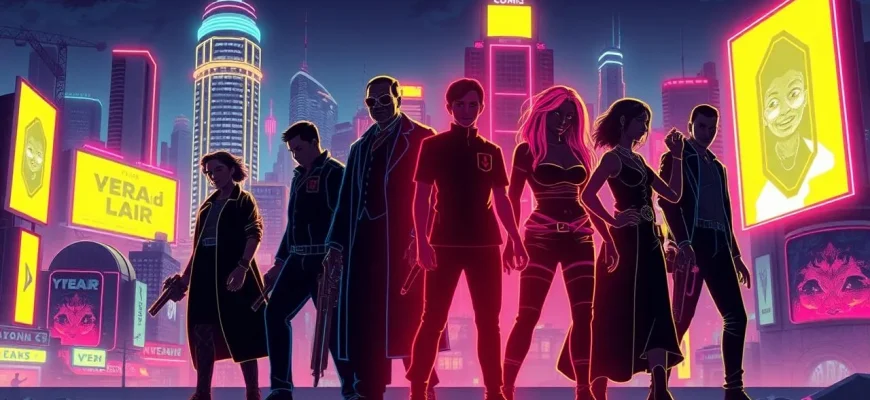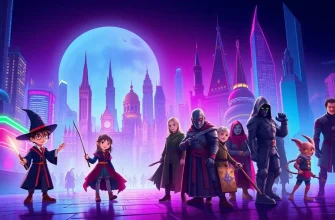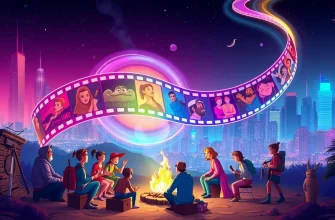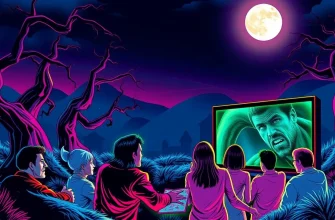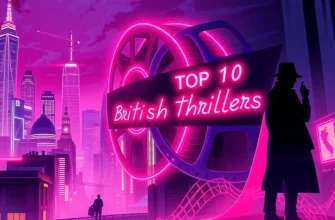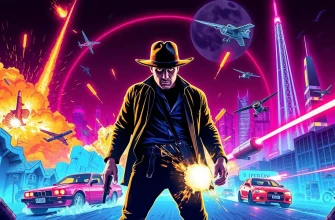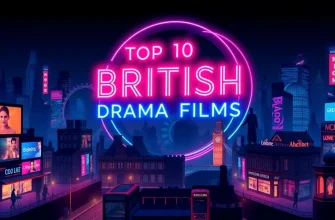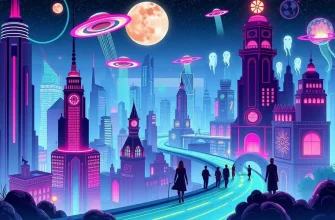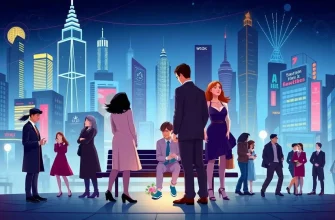Dystopian films offer a chilling glimpse into possible futures where society has gone awry, often serving as cautionary tales about the consequences of our current actions. This curated list of 10 dystopian films not only entertains but also provokes thought, encouraging viewers to reflect on themes of control, freedom, and human nature. Each film in this collection provides a unique perspective on what could happen if society takes a dark turn, making it an essential watch for those intrigued by speculative fiction.
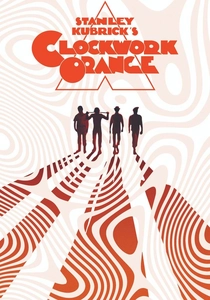
A Clockwork Orange (1971)
Description: This film explores a future where youth violence is rampant, and the government employs extreme measures to control it, raising questions about free will and morality.
Fact: The film was banned in several countries due to its graphic violence. Stanley Kubrick himself withdrew the film from UK cinemas after threats were made against him and his family.
 Watch Now
Watch Now

The Matrix (1999)
Description: This groundbreaking film questions reality itself, where humans unknowingly live in a simulated reality controlled by sentient machines.
Fact: The film's "bullet time" effect, where the action slows down while the camera continues to move, was a pioneering visual technique at the time.
 Watch Now
Watch Now
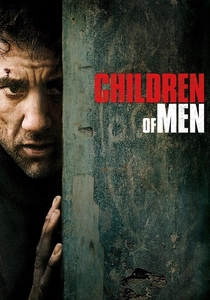
Children of Men (2006)
Description: In a world where humans can no longer reproduce, a former activist helps transport a miraculously pregnant woman to safety, exploring themes of hope and despair.
Fact: The film features several long, uninterrupted shots, including a famous six-minute scene that was shot in one continuous take.
 Watch Now
Watch Now

Equilibrium (2002)
Description: In a world where emotions are outlawed to prevent war, a law enforcement officer begins to question the regime after missing his dose of emotion-suppressing drugs.
Fact: The film was heavily influenced by classics like "Fahrenheit 451" and "1984," blending elements of both into its narrative.
 Watch Now
Watch Now
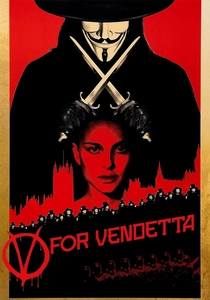
V for Vendetta (2005)
Description: Set in a future Britain under a fascist regime, a masked vigilante named V uses terrorist tactics to fight oppression, sparking a revolution.
Fact: The film's iconic mask has become a symbol for various protest movements worldwide.
 Watch Now
Watch Now
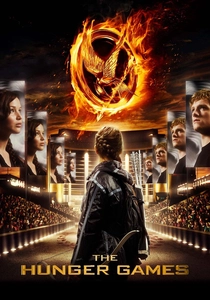
The Hunger Games (2012)
Description: In a dystopian future, the Capitol forces each of its twelve districts to send one boy and one girl to fight to the death in an annual event known as the Hunger Games.
Fact: The film's success led to a franchise, with the series becoming a cultural phenomenon discussing themes of inequality and resistance.
 Watch Now
Watch Now
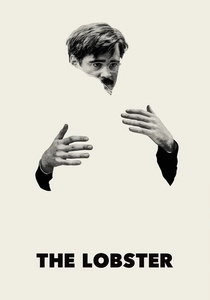
The Lobster (2015)
Description: In a world where single people are given 45 days to find a romantic partner or be transformed into an animal of their choice, a man navigates this bizarre society.
Fact: The film's title refers to the protagonist's choice of animal if he fails to find a partner.
 Watch Now
Watch Now

Brazil (1985)
Description: In a bureaucratic, totalitarian world, a lowly clerk's life spirals into chaos after a bureaucratic error, highlighting the absurdity and oppression of a dystopian society.
Fact: The film's title refers to the song "Aquarela do Brasil," which plays during the dream sequences, symbolizing an escape from the oppressive reality.
 30 Days Free
30 Days Free
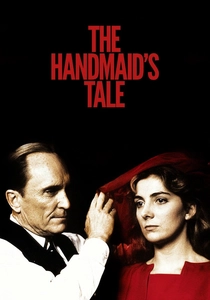
The Handmaid's Tale (1990)
Description: Based on Margaret Atwood's novel, this film depicts a future where fertile women are forced into sexual servitude to repopulate a theocratic dictatorship.
Fact: The film was overshadowed by its more successful TV adaptation, but it remains a poignant adaptation of the novel.
 30 Days Free
30 Days Free
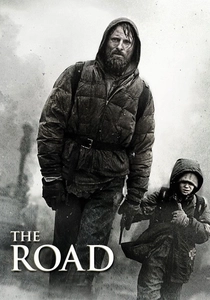
The Road (2009)
Description: A father and son journey through a post-apocalyptic America, facing the harsh realities of survival in a world where civilization has collapsed.
Fact: The film's bleak setting was inspired by Cormac McCarthy's Pulitzer Prize-winning novel of the same name.
 30 Days Free
30 Days Free

